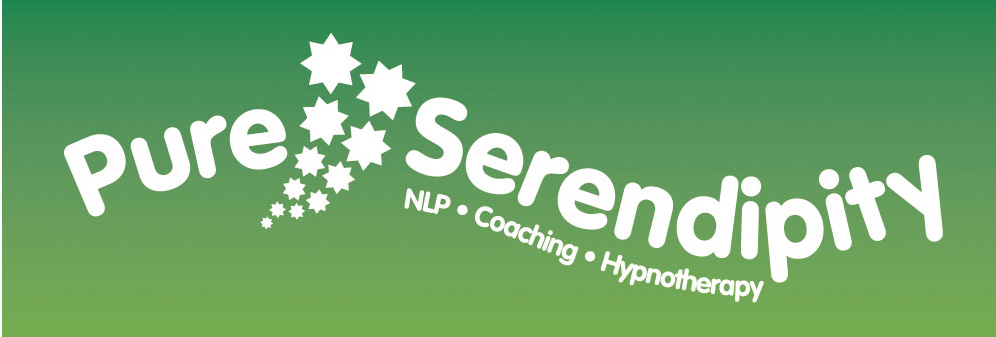Nearly everyone who’s been on even the most basic communication course will tell you, if asked, that words only account for 7% in any communication (too see what the other elements are and how they interrelate, click here)
And possibly because of that, we often don’t pay enough attention to words and their impact.
I was talking with a colleague about this recently and remarked how communication skills trainers used to (maybe some still do?) advocate paraphrasing what someone had said so that they’d know that you’d been paying attention and understood. More recently, and particularly those of us schooled in NLP and/or Clean Language, we have moved away from this and use people’s own words back to them. To illustrate, I asked her to imagine I’d just told her I was cross about something and that the conversation that followed had gone thus:
Helen: I’m really cross about that
Colleague: so, you’re feeling angry about that
Helen: no, I’m cross about it
Colleague: so, what is it that’s making you so angry?
Helen: I’m not angry, I’m cross
Colleague: so you’re quite upset about this
Helen (getting angry and upset) too right I am now!
And then to compare it with this approach
Helen: I’m really cross about that
Colleague: Tell me a bit more about what it’s like being really cross about that
The first closes the conversation down because it( erroneously in my case) equates crossness with anger and upset. It assumes that we share the same understanding of the emotion. The second, opens up new possibilities and can help deepen understanding by exploring further and seeking clarification without muddying the waters by substituting any potentially value laden nouns or adjectives.
Another case of less being more.




No comments:
Post a Comment